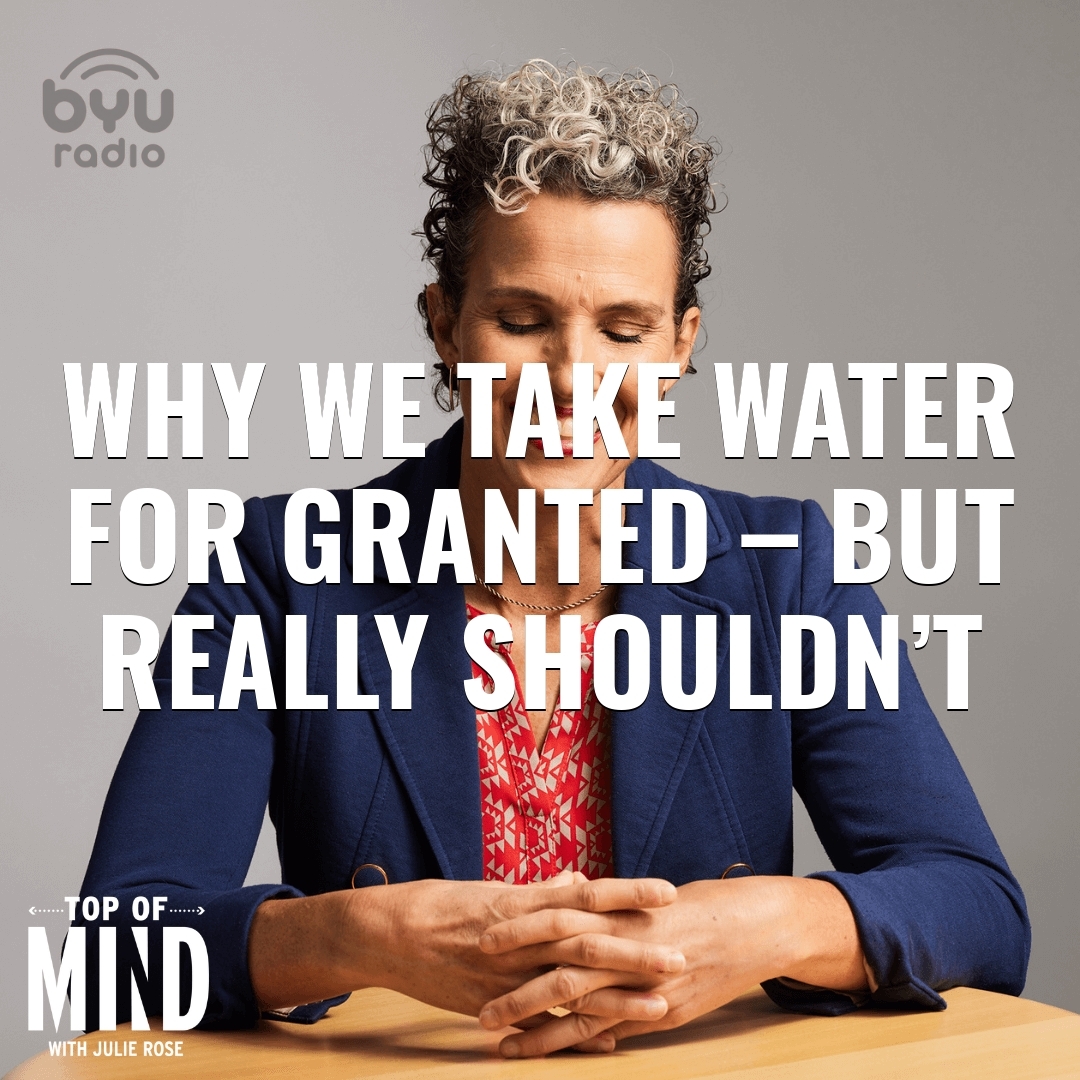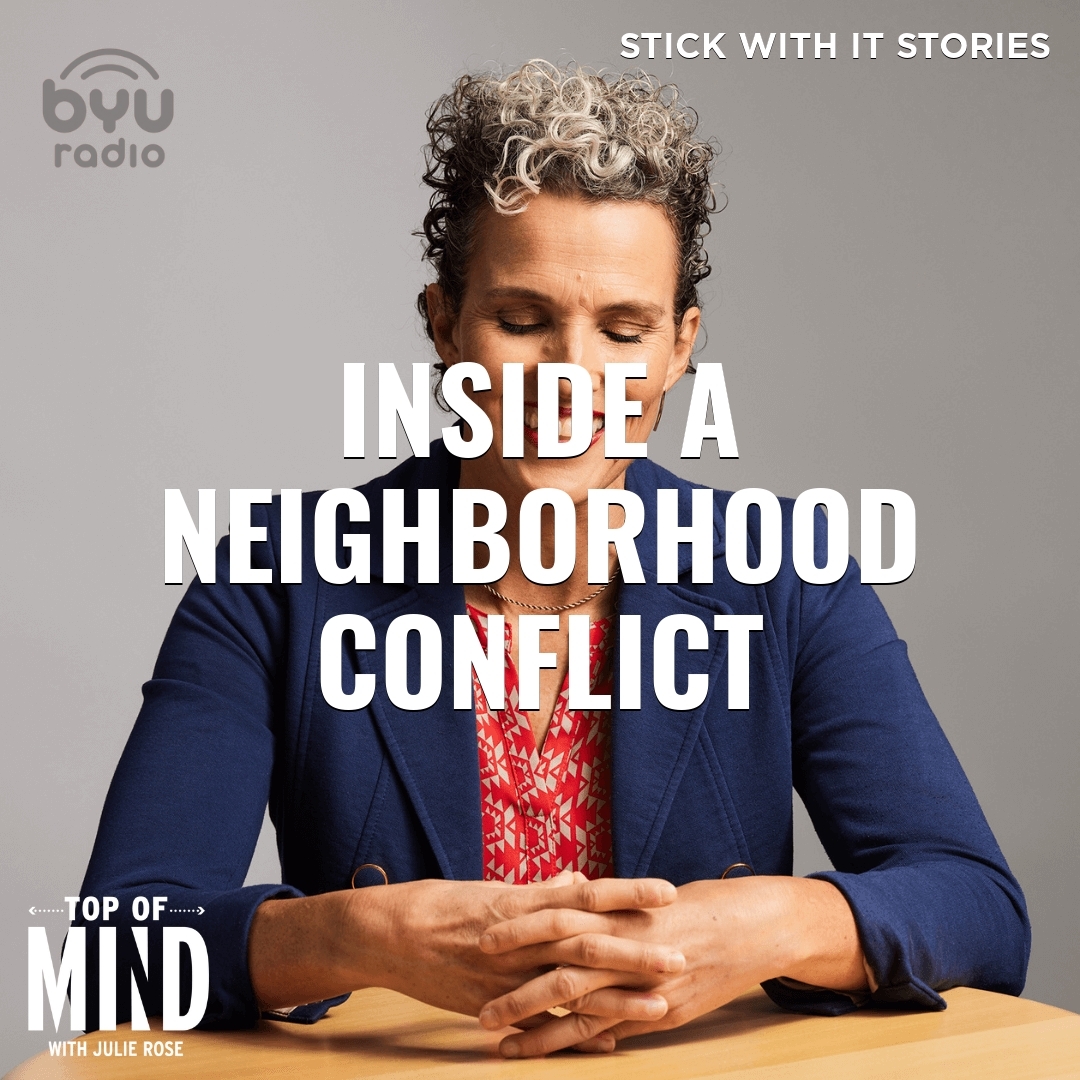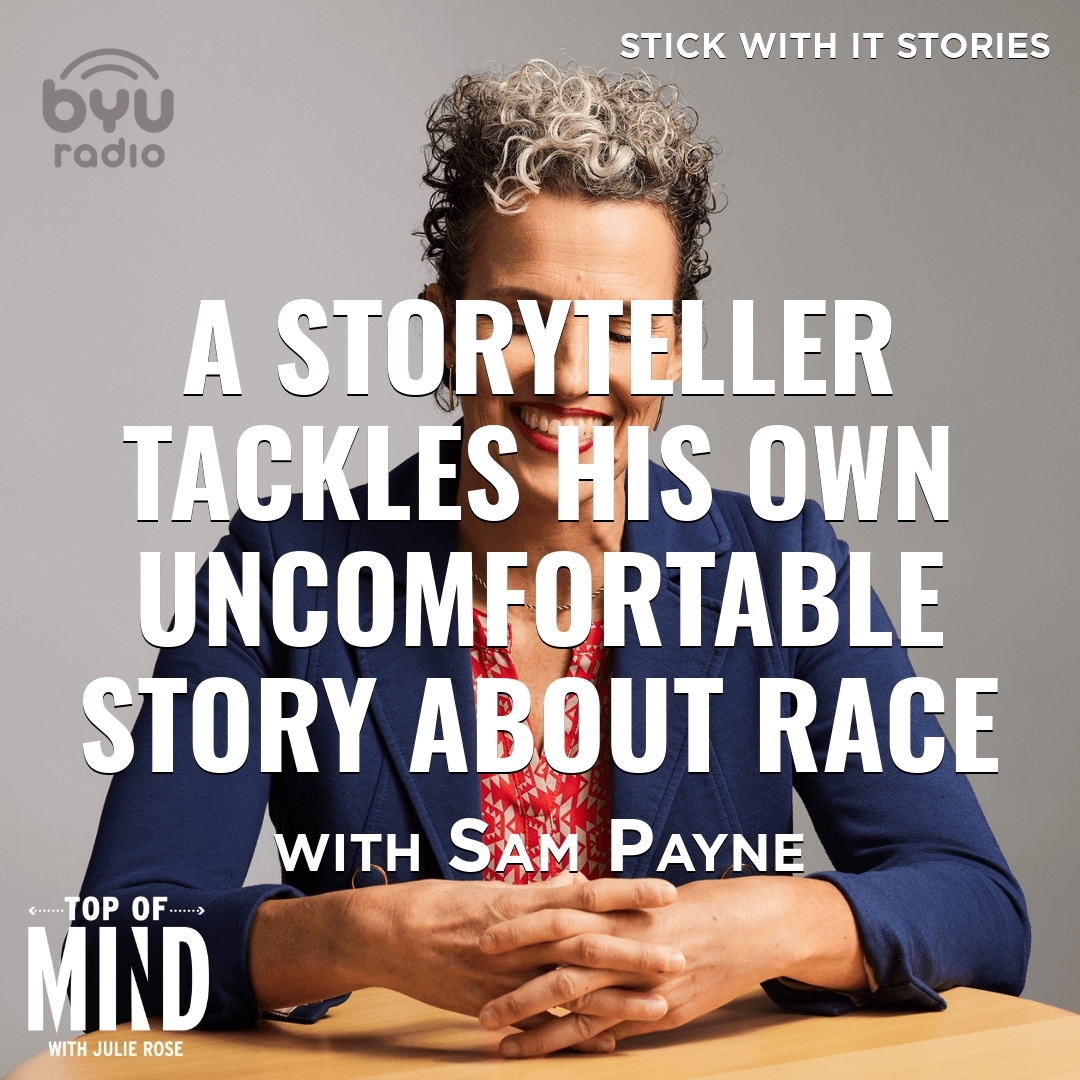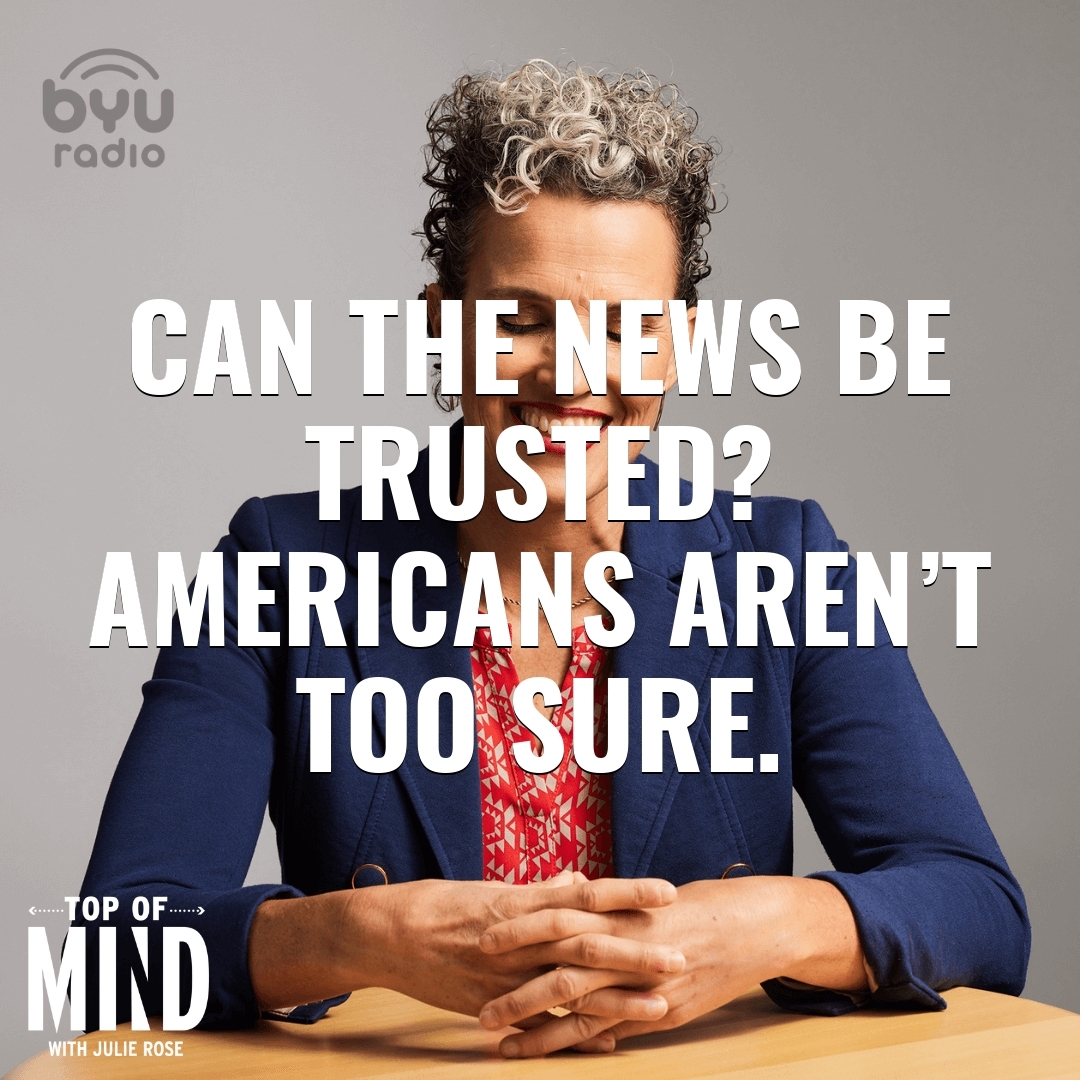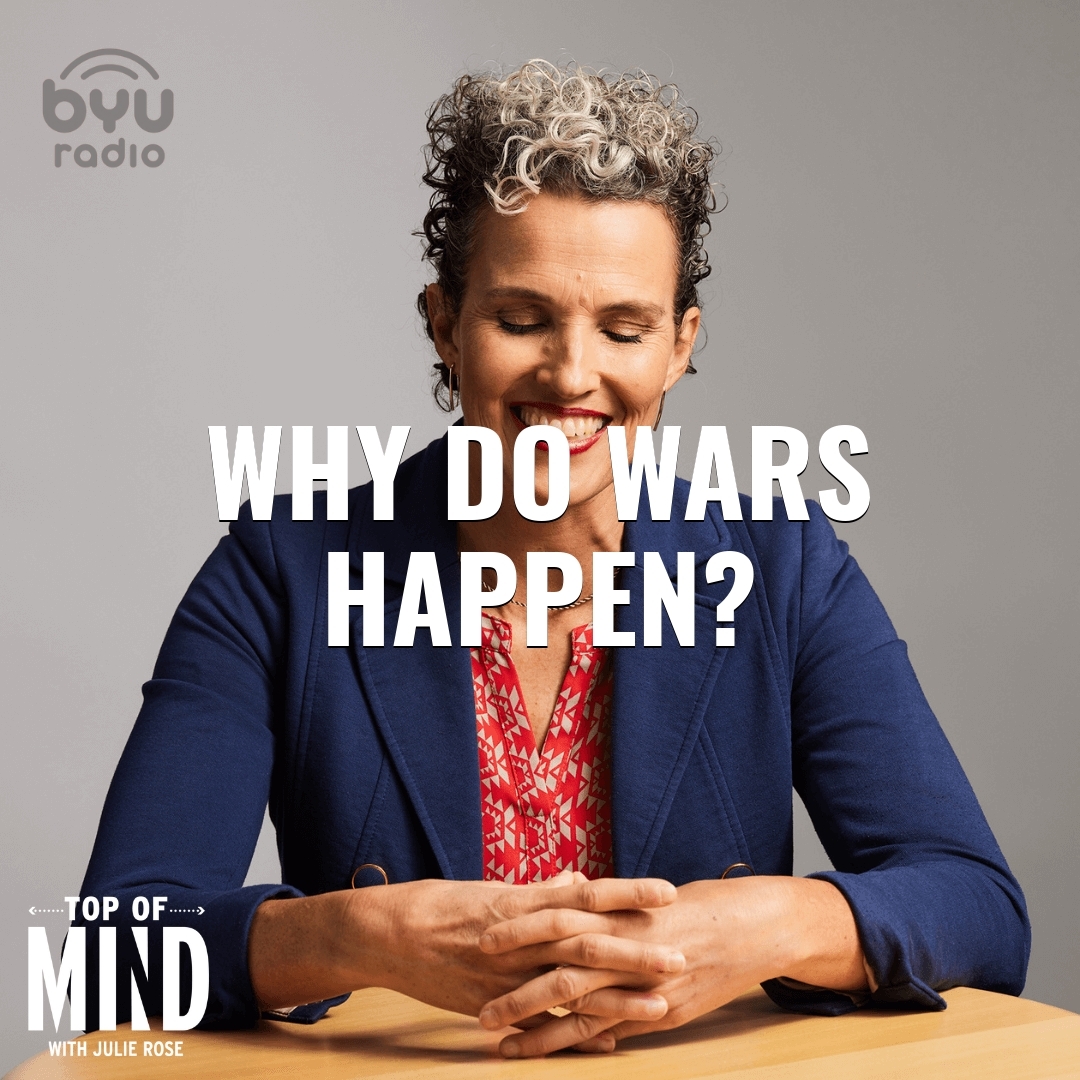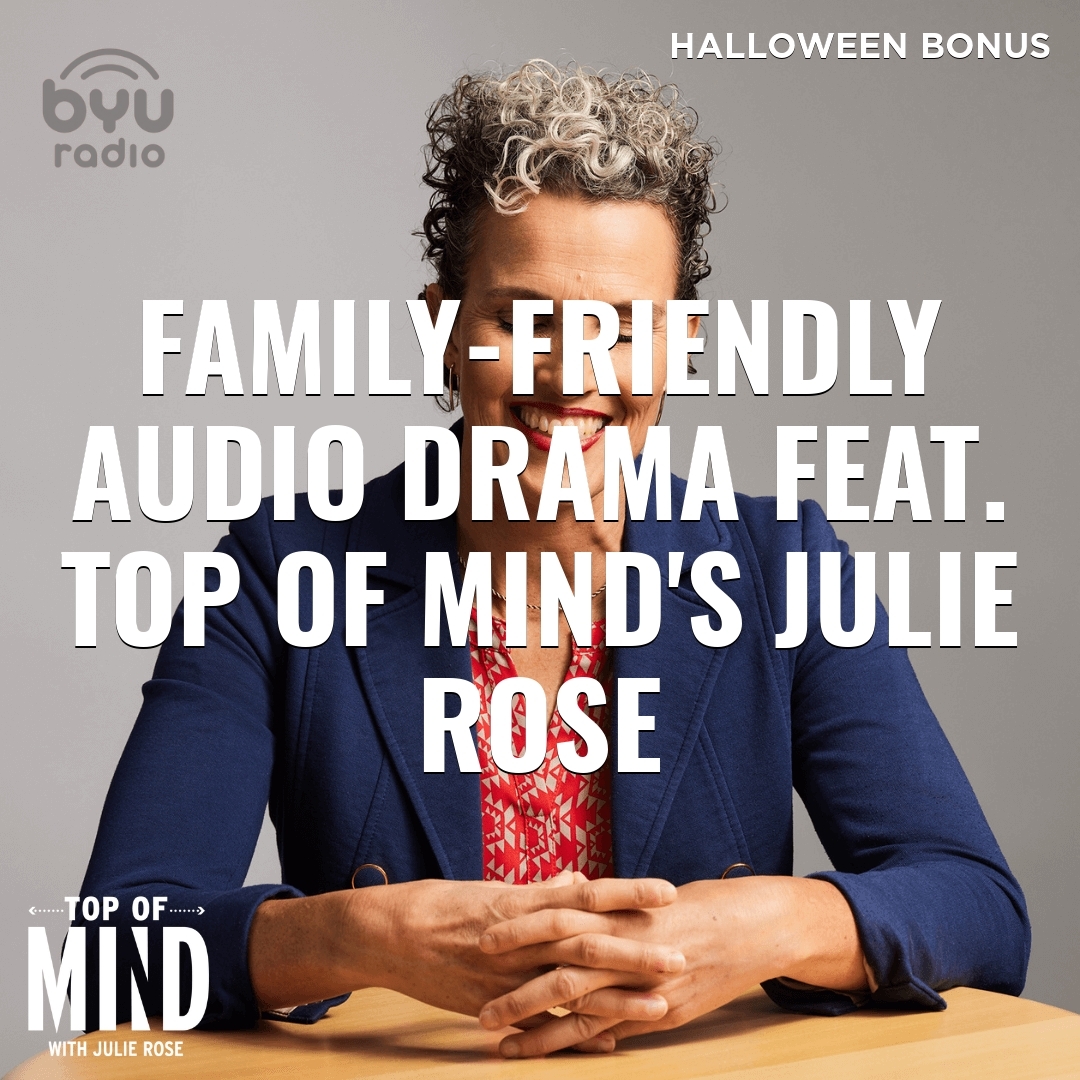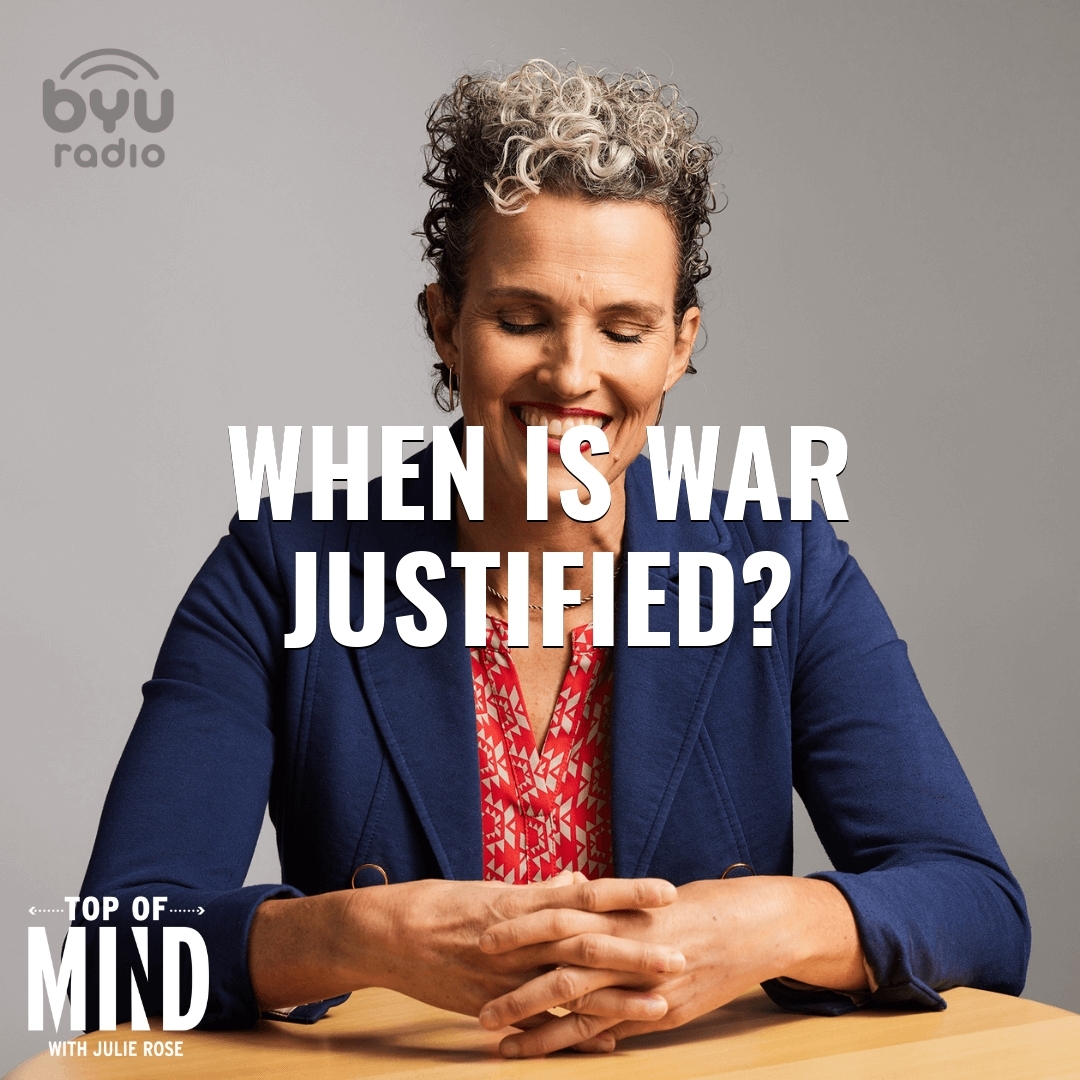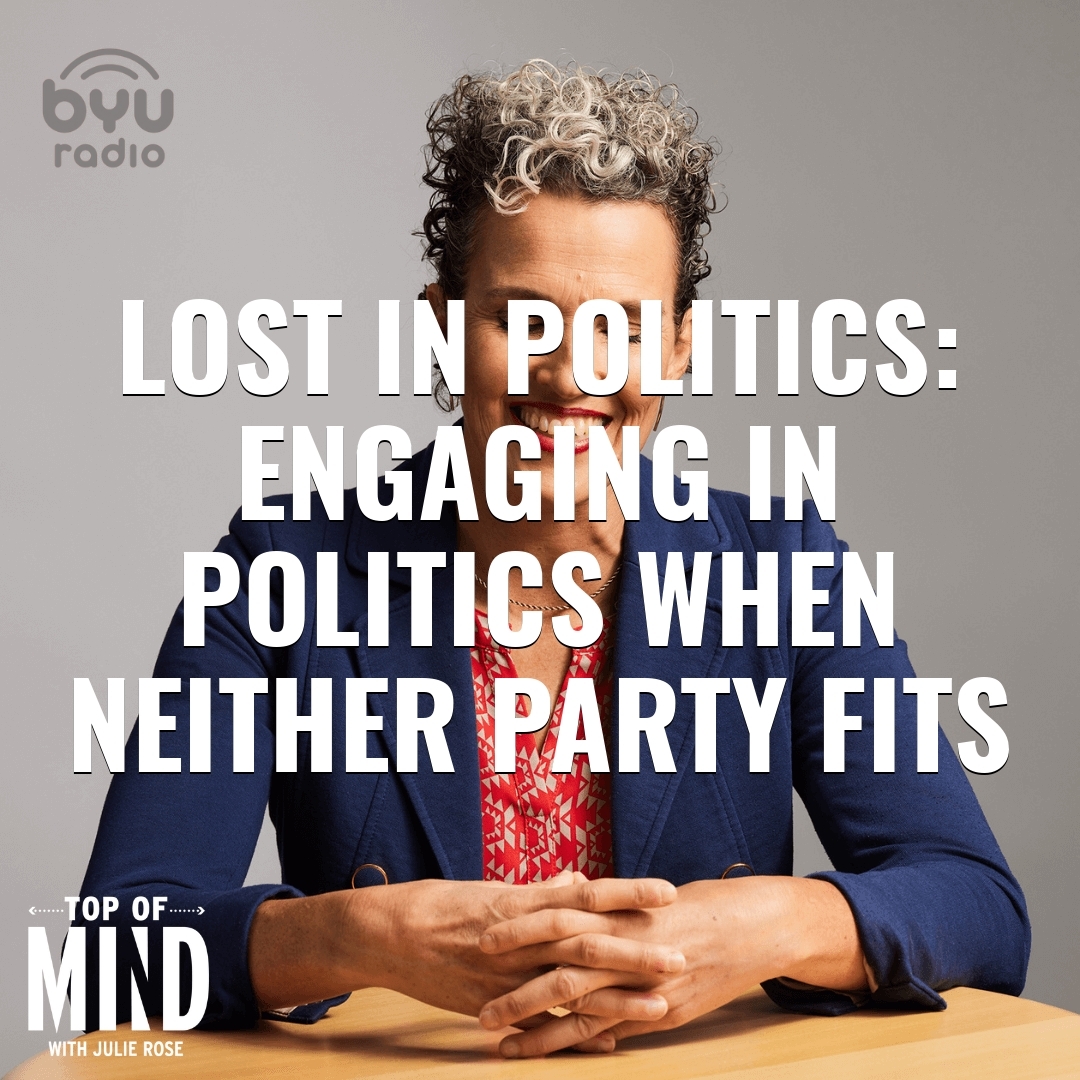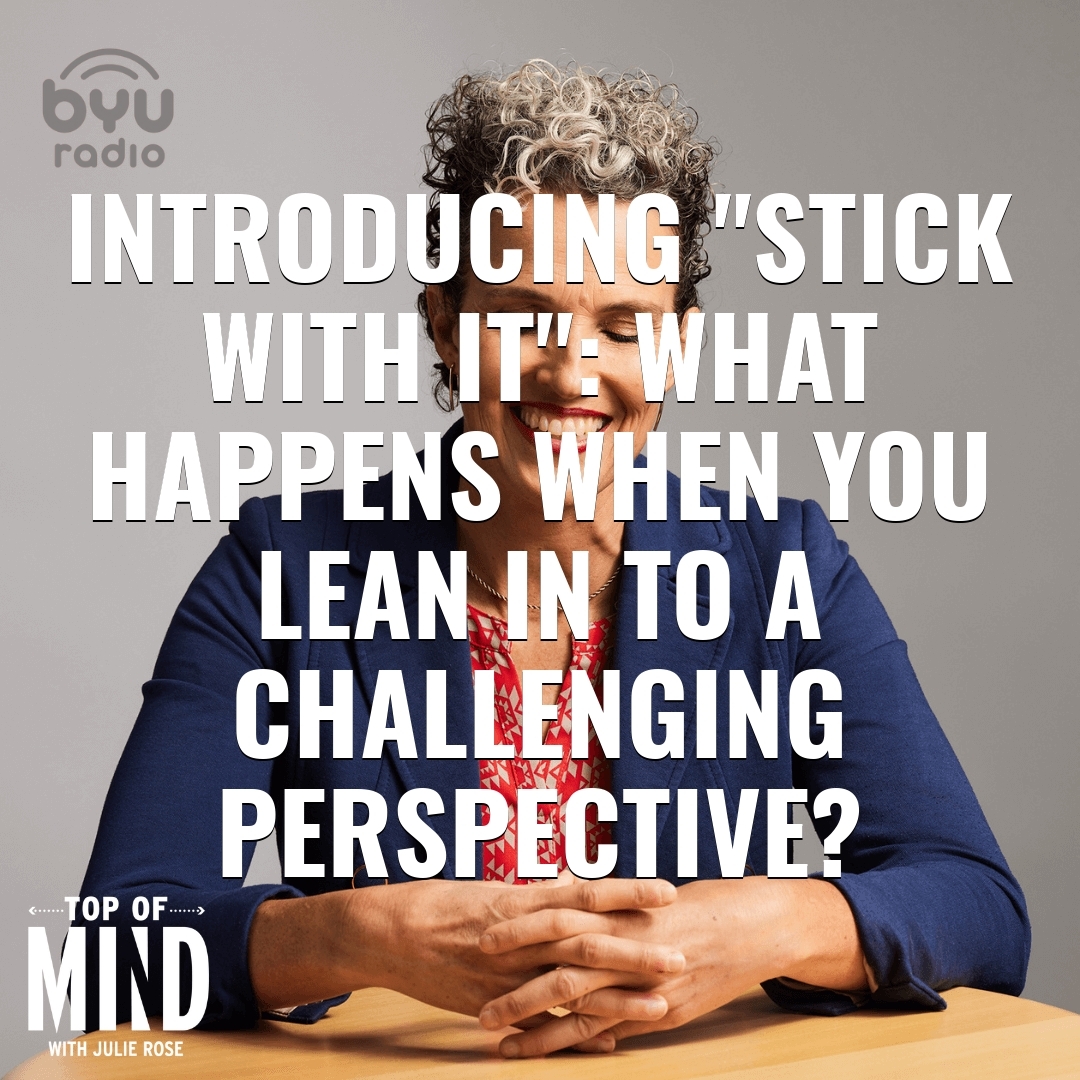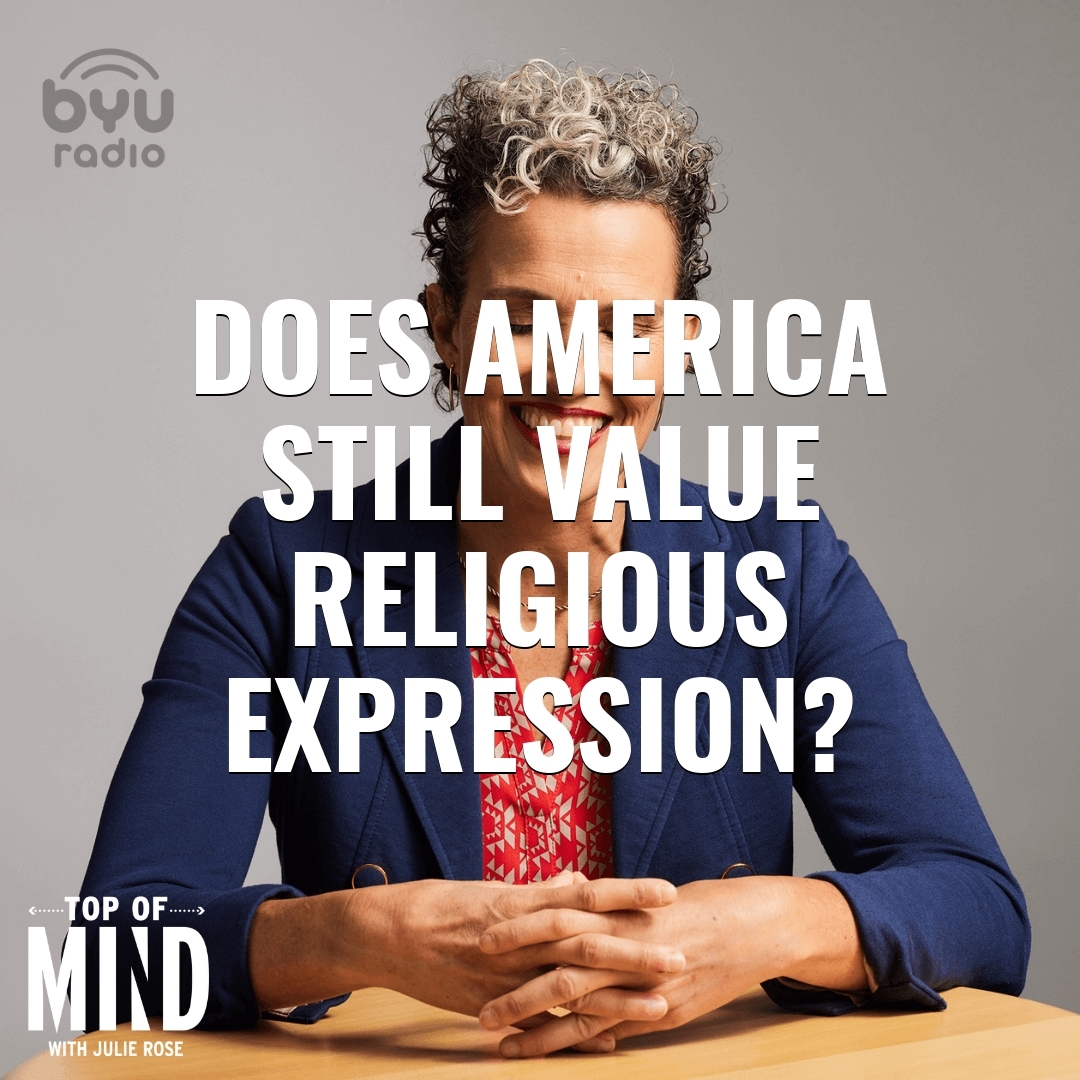Tackling tough topics in a way that will help you feel more empathy and empower you to become a better citizen, kinder neighbor, and more effective advocate. For people who are turned off by the divisive nature of the news, but still want to engage with important issues. Hosted by journalist Julie Rose, Top of Mind is a production of BYUradio.
It’s easy to take clean water for granted in America. But there are millions of people in this country who can’t count on water to flow when they turn the tap or flush the toilet. Your city is likely decades behind on maintenance and upgrades to its water infrastructure and sewer systems. Add to that the extended drought gripping Western states, and it’s increasingly clear that none of us can – or should – take water for granted. In this episode of the podcast, we’ll hear from Jackson, Mississippi, California’s Central Valley farming community and the Blackfeet Reservation in Montana for insight on how we might recalibrate our relationship with water and think differently about this essential resource.
Our new “Stick With It” series on the Top of Mind podcast continues with a story about neighborhood conflict and the solution one woman found by staying open and curious. “Marie” found herself at odds with her neighbors when a drug dealer moved in next door and made the street unsafe. While other homeowners hunkered down and blamed the police for failing to solve the problem, Marie went looking for a long-term resolution. That choice led to a host of new realizations and a better outcome from the neighborhood. Tune into this conversation to hear how.
Our new “Stick With It” series on the Top of Mind podcast kicks off with storyteller Sam Payne sharing how he tackled his own uncomfortable story about race. In this episode, Sam talks about a time he was asked to perform a story about race at a conference. He was embarrassed to decline the invitation because he didn't think he had story to tell. He is a white man living in a non-racially diverse community and felt that he had nothing to contribute. But as he leaned into the discomfort, he was surprised by what he learned about his own racial identity and community. Tune into this conversation to hear how Sam handled the uncomfortable truths he discovered.
Can the news be trusted? Americans aren’t too sure. What happens when we start to see journalists as enemies, rather than allies, of democracy and truth? Barely a third of Americans say they have even a "fair amount" of trust in the press, according to Gallup polls. They think mainstream media is biased, or sloppy. Are they right? In this podcast episode, we’ll discuss the role of journalism in democracy, what journalists are doing to create change on local and national levels, and what we can do to become more informed consumers when evaluating news sources.
When war breaks out, we tend to focus on whether the war is justified. Is it right to fight? Under international law, it's not that hard to justify going to war. But if we really want to understand why wars happen, asking only if the war is justified can muddy the water. In this second episode about war, we're focused on understanding how the decision to fight gets made. What leads a leader or society to look at the inevitable devastation that war causes, and say, "We're doing it anyway"? The answer to that question could provide the path to peace. (AP Photo/John Minchillo, FGile)
This week only on the Top of Mind podcast, a special Halloween treat. It’s an old-fashioned, family-friendly audio drama from storytelling podcast The Apple Seed about a family facing off against an evil robot maid. And there’s a voice you might recognize. Top of Mind host Julie Rose masquerades as the mom of the family. And stay tuned after the story for the inside scoop on Julie’s short-lived theater career.
Most Americans have never fought in a war, or even had our lives disrupted by one. Does being so far removed from the loss and trauma make us more willing to send our military into battle? This is the first of two episodes we’re dedicating to thinking more deeply about the consequences of war. Rarely is going to war clearly the right or wrong choice. When is war justified? We're hoping that, by really embracing the nuance here, we'll be more clear-eyed as citizens and voters the next time America has the choice to fight. (AP Photo/Balint Szlanko, File)
If the whole point of a democracy is to represent the voice of the people, then why do so many Americans have a hard time engaging in politics? More than half of American citizens say that the two major political parties are doing a poor job representing the people, and partisan views keep getting more divisive. Staying engaged in politics can be a challenge when campaigns, advocacy groups, and candidates don’t align with our political views. Would a third major party solve the problem? In this podcast episode, we look at why American politics have become so polarized, and we explore how to stay engaged in politics when neither party feels like a good fit.
When you encounter a perspective that contradicts your own, the natural instinct is to either shut down or push back. But staying with that discomfort can pay off. Maybe it deepens a relationship or leads to some fresh insight. Top of Mind is launching a new series called “Stick With It” where we talk with people about a time they encountered a perspective that felt challenging, chose to stick with that discomfort, and they’re glad they did. In this episode, we speak with a couple of friends – one is Black, one is white – about embracing tough conversations as they wrote a book together about race. And host Julie Rose shares a “Stick With It” story of her own.
Email your story to topofmind@byu.edu.
The freedom to believe—and express those religious beliefs—is embedded in America’s founding documents. But being outwardly religious—like wearing a hijab, turban or yarmulke—isn’t always respected by our society. Church membership has also been steadily declining across the country. As American culture changes, do we still value religious expression and freedom? What role does faith play in today’s society? In this podcast episode, we’re thinking more deeply about how much we—as individuals and as a society—really value religious diversity and public expressions of faith.

